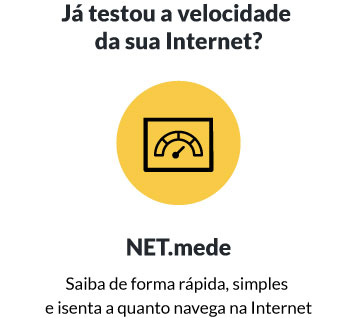Estudo: "Evidence on the effect of liberalisation and competition on innovation in the postal sector" 1 (905 Kb)
Autor: Cátia Felisberto (112 Kb)
Resumo: This paper empirically assesses the effect of the threat of competition and of competition on innovation in the postal sector. We restrict ourselves to the analysis of end-to-end competition. The effect of public ownership and of letter volume on the incentives to innovate are also tested. Data on liberalisation, competition and innovation in the postal sector is collected for seventeen European countries, over ten years. Three measures are used as proxies for innovation: (1) an innovation index based on a survey conducted for this purpose; (2) the accumulated number of innovations (based on the same survey); and (3) labour productivity. We also develop a liberalisation index with the purpose of measuring the percentage of market liberalised (in terms of letter volume). Several models are estimated by GLS and using PW-PCSE. In general, the models estimated have a high explanatory power. We find evidence that market liberalisation has a positive effect on innovation and that an increase in the market share of the competitors stimulates the investment in innovation, at least until the market share of the competitors reaches a certain threshold. Letter volume is also significant and has a positive impact on innovation. Contrarily to what was expected, there is weak evidence that the percentage of private ownership has a positive effect on innovation. GDP per capita turns out to be very significant in the large majority of the models estimated.
Programahttps://www.anacom.pt/render.jsp?contentId=538350
Executive Summary 1 (22 Kb)
Apresentação (356 Kb)
1 Este estudo, incluindo os respectivos pressupostos e conclusões, é da exclusiva responsabilidade dos seus autores, não comprometendo ou veiculando qualquer posição da ANACOM.




